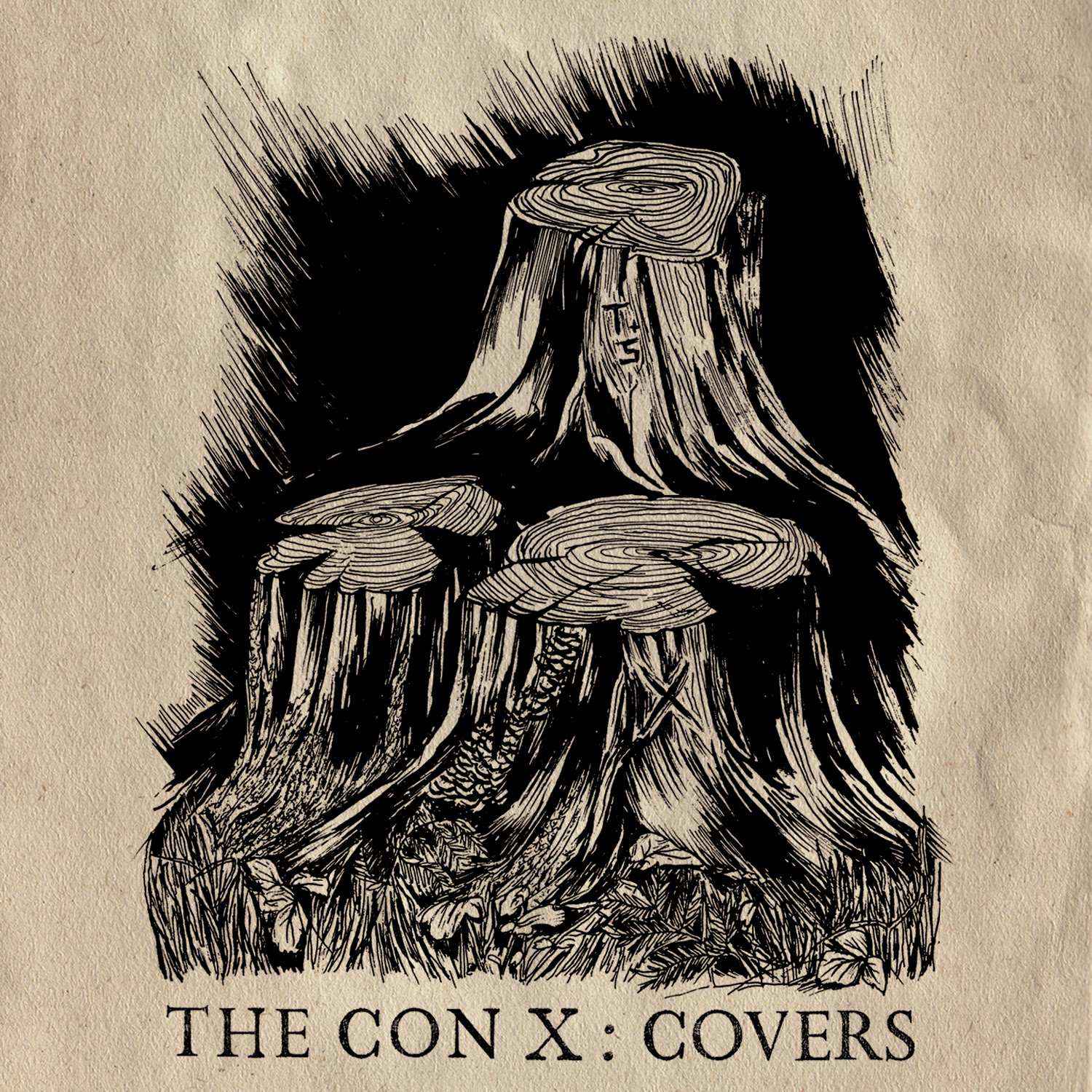A decade ago, some critics wrote off Tegan and Sara’s The Con for lacking queerness, “genuine” fragility, and material the White Stripes could potentially cover. But the album’s unashamed vulnerability didn’t alienate their younger fans, and now, the Children of The Con are all grown up. They’ve filtered the Canadian duo’s fifth album through shoegaze, DIY indie, and synthpop on The Con X, an album of covers to mark its recent 10th anniversary. The Con X pushes together artists that could only feasibly coexist in this space, and delineates the specific yet universal nature of the pain Tegan and Sara explored on the original record.
The Con X lacks paint-by-numbers, direct translations of Tegan and Sara’s work, but a handful of covers play it close to the album’s original sentiments and sounds. Part-time cover artist Ryan Adams keeps the jaunty, chanting energy of “Back In Your Head” and meshes it with The Cars, resulting in a take that will ring authentic to fans longing for something reminiscent of the original. Bleachers’ “Burn Your Life Down” strips down the instrumentation and amps up the intimacy, with Jack Antonoff’s up-close, voicemail-styled confessions and pleas effectively conveying the song’s sense of loss. On a high point of the album, Shamir, whose forearm is adorned with a “Like O, Like H” tattoo, brings the ode to a troubled childhood into a teen’s basement circa 1993. It plays like a YouTube rip of a demo in every sense, from the one-mic vocal take to the simplistic instrumentation. Shamir’s take feels the most genuine as a cover; its iteration comes the closest to the many fan covers that have entertained college kids at acoustic nights throughout the years. For an artist who’s moving away from the glimmering disco sound that brought him the laud of music journalists and towards something earthier and jagged, “Like O, Like H” is a success in every sense.
The vast majority of the album, however, repackages Tegan and Sara’s guitar-backed lyricism into atmospheric pop and electronic sounds. Perhaps the most novel reimagining is Shura’s take on “The Con,” which displaces the dizzying desperation of the original with a muted longing, her 808ed vocals resting over a mostly stagnant soundscape. Kelly Lee Owens’ “Soil, Soil” is a more legible take on The Cocteau Twins‘ delicate sound: the piano-backed pleading harmonies of the original are replaced with gauzy softness, the lyrical content stripped to the single refrain of “All you need to save me…,” reshaping the song into an unsolvable mystery. PVRIS’ “Are You Ten Years Ago” features gorgeous vocals from Lynn Gunn and an acoustic guitar nod to T&S, with Gunn creating a fascinating rhythm with the lyrics. Some may dismiss PVRIS’ bewitching pop as a too glossy take on a song that was anything but, but the well-tuned, perfected synth pop shouldn’t be so easily dismissed by purists, especially as Tegan and Sara themselves have turned to pop music. The biggest blessing, however, is Mykki Blanco’s left-field “Knife Going In,” a cover that allows Tegan and Sara’s lyricism to go to places that the duo’s specific brand of indie rock couldn’t take them. Mykki Blanco’s industrial take lurches and unsettles, perfectly encapsulating the dark morbidity and nightmarish paranoia of Sara’s lyrics.
Touring and performing an album detailing her divorce and the death of her grandmother, the duo’s frankest work to date, was painful for Sara Quin. (She described the period to Billboard as “really profoundly depressing.”) And for all the dust some critics and fans kicked up over what they perceived as inauthenticity or over-sentimentality, the frankness spoke to a wider audience: The album was their first to hit the Billboard charts, and to date, has sold the most U.S. copies of their career. “The songs don’t really feel like mine or my story anymore—they feel the audience’s,” Sara explained. “I feel like it’s more important to sort of let them have control over it, you know?” The Con is Shura’s, and Shamir’s, and Ryan Adams’, and for us to pin our memories onto and reinterpret as we see fit.





